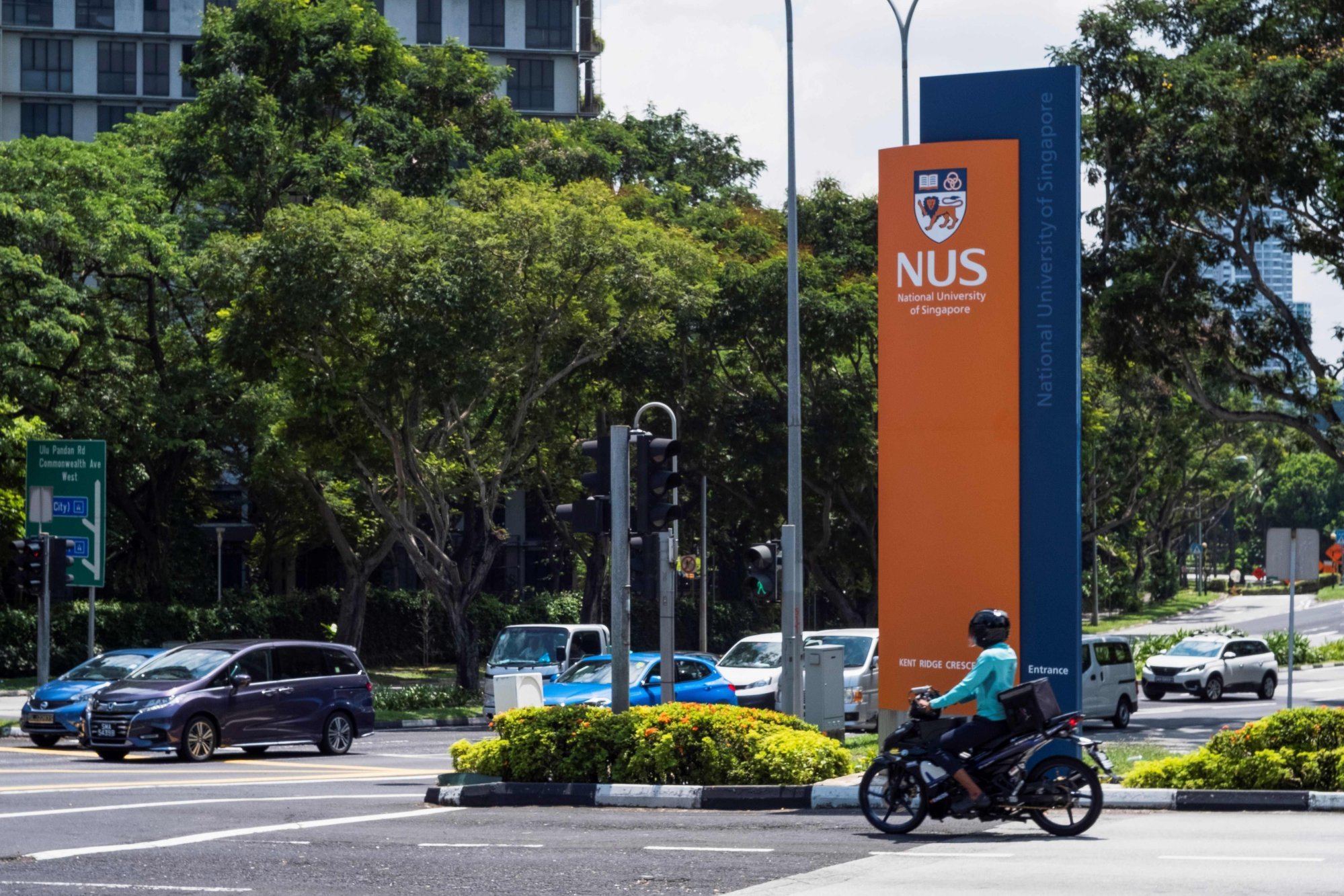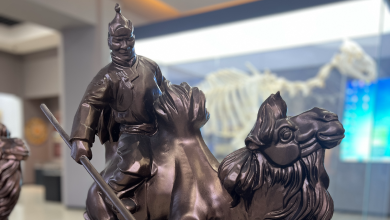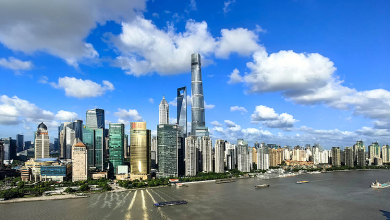Singapore’s Nanyang Technological University imposes entry fee as tourists from China, Southeast Asia disrupt classes
[ad_1]
Some tourists have even entered classrooms while lessons were under way.
“Last week, one group just walked in, sat down and listened to the lecture” for the last 20 minutes, said Cathryn Wong, 27, who studies English literature at NTU.
Singapore student could face years in jail for drug trafficking on campus
Singapore student could face years in jail for drug trafficking on campus
NTU announced on February 1 that it would require all travel agencies planning tours to the campus to seek approval first from the university. Tour groups will also be required to preregister online and schedule visits in advance.
An entry fee, which the university said is to support campus maintenance and the regulation of vehicle flows, will also be charged.
NTU did not immediately respond to queries on how much the fee would be and how it would be implemented.
Tour operators and some of the tourists themselves said the appeal of visiting NUS and NTU stemmed from the fact that both had consistently ranked among the top universities in Asia.

On a recent visit to both campuses, reporters met three separate groups of tourists from China who said they wanted their children – ranging in age from seven to 16 – to observe what life was like at the universities.
In 2023, Times Higher Education, a British magazine that publishes annual global university rankings, ranked NUS third and NTU fifth overall in Asia. Globally, the universities ranked 19th and 36th, respectively.
NUS’ Flavours@UTown canteen was packed at around noon on a Wednesday, with long queues at every stall.
Several groups of tourists, each comprising about a dozen school-aged children and their carers, were seen seeking tables alongside NUS students. The food court is often packed until 2.30pm, students said.
With the ever-increasing number of tourists, there are now barely seats in our dining areas and on our internal shuttle buses
A 21-year-old first-year student who wanted to be known only as Daniel said: “If I only have 30 minutes to eat before my next lesson, I don’t want to queue for an hour for my food.”
Sophia Chen, 23, a third-year NUS law student, said she first noticed long queues late last year, adding that the numbers of tourists “seem to be increasing, especially in the last few weeks”.
“As students, we rely on the short pockets of time we have in between our classes to have our meals and commute to our next class,” she said. “With the ever-increasing number of tourists, there are now barely seats in our dining areas and on our internal shuttle buses.”
Numerous NUS students backed up Chen’s observations, saying that the lack of seats on shuttle buses had previously caused them to be late for class. Large tour buses also caused traffic jams on campus, they said.
Japan gets rude reminder of evils of overtourism as visitors return en masse
Japan gets rude reminder of evils of overtourism as visitors return en masse
In response to queries, NUS said in a statement that the university was “aware of the seasonal flow of visitors including tourists, and are monitoring the situation closely”.
Over at NTU, similar issues relating to long queues for food and congestion on roads were also raised, in addition to in-class disruptions.
Nonetheless, some students said they did not mind tourists visiting campus “as long as they are respectful”.
A spokeswoman for Transinex, a local travel planning firm that offers tours around Singapore, said she had observed people from across Southeast Asia expressing interest in visiting NUS and NTU due to their international standing.

According to Fred Chua, a freelance tour guide and travel planner in Singapore, tourists often ask to see the student accommodation, canteens and hang-out spots.
Chua, who brought a group of tourists from China to the NUS campus last week, said that it was often parents who wanted their children to experience a glimpse of how students live on campus.
One Chinese parent, who was not part of a tour group, said he had brought his two children – the youngest of whom was only seven years old – to NTU as it had a good reputation and he hoped they would enrol there.
Chinese students beat stress by turning to Southeast Asia universities
Chinese students beat stress by turning to Southeast Asia universities
In response to queries, NTU said the university campus attracted many visitors as it was “frequently recognised as one of the world’s most beautiful with its unique architecture and lush green spaces”.
“However, the primary purpose of the NTU campus is to provide a conducive learning environment for our students, and the needs of our students must come first,” the university said.
[ad_2]
Source link




